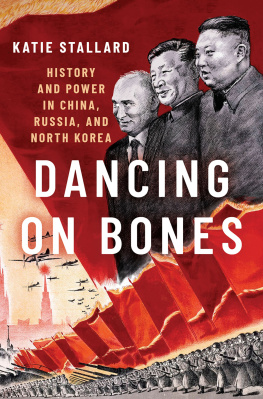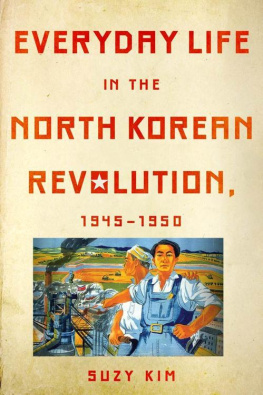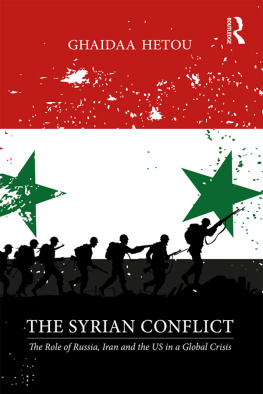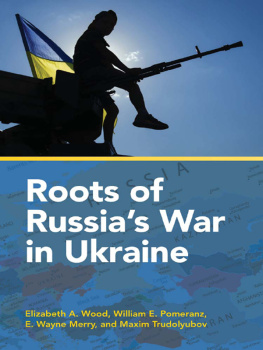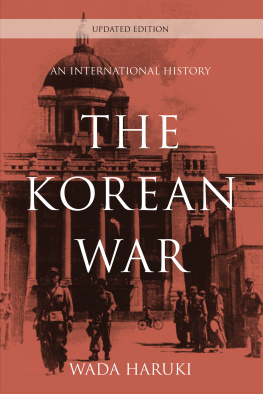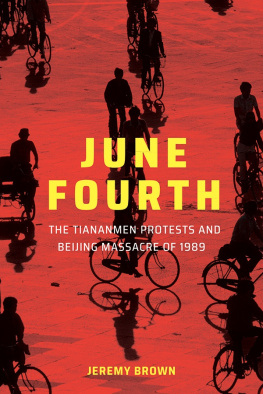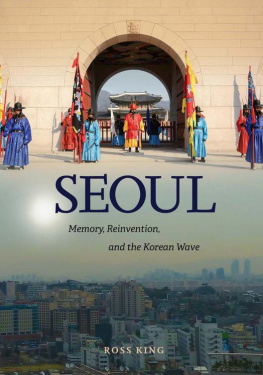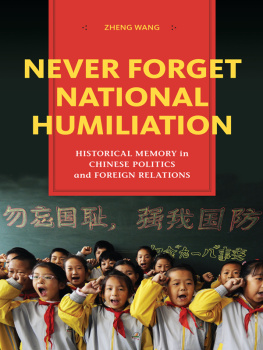Advance Praise for Dancing on Bones

Dancing on Bones is an engaging account of how leaders in China, Russia, and North Korea re-moulded, re-tooled, and retrofitted postwar history to turn it into an unforgiving bulwark of support for todays regimes. Its value lies not just in illuminating how this happened, but why it matters for the rest of the world, as the powerful and aggrieved nationalism constructed on this new historical foundation spills out into the rest of the world.
Richard McGregor, author of The Party: The Secret World of Chinas Communist Rulers

Oxford University Press is a department of the University of Oxford. It furthers the Universitys objective of excellence in research, scholarship, and education by publishing worldwide. Oxford is a registered trade mark of Oxford University Press in the UK and certain other countries.
Published in the United States of America by Oxford University Press
198 Madison Avenue, New York, NY 10016, United States of America.
Oxford University Press 2022
All rights reserved. No part of this publication may be reproduced, stored in a retrieval system, or transmitted, in any form or by any means, without the prior permission in writing of Oxford University Press, or as expressly permitted by law, by license, or under terms agreed with the appropriate reproduction rights organization. Inquiries concerning reproduction outside the scope of the above should be sent to the Rights Department, Oxford University Press, at the address above.
You must not circulate this work in any other form and you must impose this same condition on any acquirer.
CIP data is on file at the Library of Congress
ISBN 9780197575352
eISBN 9780197575376
DOI: 10.1093/oso/9780197575352.001.0001
Who controls the past controls the future; who controls the present controls the past.
GEORGE ORWELL, Nineteen Eighty-Four
Contents


ive heard it said that writing a book is like giving birth. Having recently done both, I can say this is not the case. For childbirth, they give you drugs and youre surrounded by highly qualified medical professionals telling you exactly what to do. Writing a book is more like those first few weeks of being a new parent, when you get home from the hospital and realize you have absolutely no idea what youre doing. You stumble around in the dark trying to figure it out and wondering how anyone has ever managed to do this before. The answer, as with writing this book, is with the love and support of family and friends, and with the kindness and wise counsel of those who have been there before youand coffee.
There are so many people who contributed to this book in one way or another that I could fill another book just with thanks, but let me try to get down at least some of my gratitude. I started at Sky News as a runner two weeks out of university and I was lucky to spend the next fifteen years working alongside so many amazing people and some of the most talented professionals in the industry. Nick Pollard gave me that first job; Simon Cole gave me my first shot as a reporter; and Dan Williams, Jonathan Levy, Sarah Whitehead, and John Ryley gave me the opportunity to go to Russia, and later China, and I am truly grateful for all the adventures and life-changing experiences that followed. There are too many wonderful people to list here individually, but Im particularly grateful to all the camera operators, satellite engineers, sound technicians, and field producers who stood outside courts and in snowdrifts with me over the yearsthank you for your camaraderie, encouragement, patience, and expertise. The fantastic foreign and home desk teams work hard day and night, as do the talented production teams, archivists, and digital teams, and Im grateful for your friendship and support. A special mention has to go to the edit corridor, whose soundproofed booths functioned as confessionals and emotional support facilities for me and countless others, and whose editors perform feats of wizardry and high-speed creativity every day.
In Moscow, I worked with the incredible Vadim Nechaev and Yulia James, as well as Anastasya, Nataliya, Roman, Gena, and Svetlana. Vadim, Im sorry I quoted the part where you swore, but also not sorry as you are truly one of the worlds best and most artful deliverers of profanities, and nobody can talk their way through a checkpoint like you. I dont know where to start with all the kindness, humor, and amazing pictures you came up with on all those crazy adventures, so let me just say thank you. When I once got very sick in Crimea, Yulia checked herself into the hospital too and kept me company on a neighboring camp bed on the ward; thank you for your friendship, expertise, and endless ability to source just one more glass of red wine.
In Beijing, I worked with the amazing Kevin Sheppard and Michael Greenfield, as well as others whose names Im not including here but who know who they are and I hope know how grateful I am. Kev is not just a terrific camera operator but also a warm, kind, and wonderful friend (I know this will embarrass him and Im not sorry) and the sort of person who can find the funny side (eventually) of spending six days at sea in a small wooden boat with no bathroom facilities. There are few people in the world as organized and indefatigable as Michael, or as able to talk about football, who brought the humor and enthusiasm (and sometimes an entire bushel of bananas) on all manner of adventures. Thanks to Jen Kwon for all her help and fantastic work in South Korea. Thank you to H, Y, and P for all your hard work, friendship, knowledge, and camaraderie. I am really lucky to have worked with you. I joined the New Statesman as I was finishing this book, and Im so grateful to be working for such a fantastic publication and to be part of such an incredible team.
This book would not exist without the Wilson Center in Washington, DC. When I needed a place to research and write, the amazing Wilson fellowship program gave me time and space, and an office with a door that closed, as well as endless encouragement, expertise, and library loans. I remember being nervous before my first day after looking at the caliber of people I would be working alongsidemy office was just down the hall from Stapleton Roybut everyone I met was gracious, welcoming, and happy to help. I am so lucky to have had the chance to learn from and work with you all, and grateful that this extraordinary program exists. Thank you to Robert Litwak, Abraham Denmark, Jean Lee, Michael Kugelman, Shihoko Goto, Robert Daly, Stapleton Roy, Rui Zhong, Christian Ostermann, Charles Kraus, Pieter Biersteker, Matthew Rojansky, Izabella Tabarovsky, Congresswoman Jane Harman, Ambassador Mark Green, Kim Conner, Lindsay Collins, Beverly Thomas, Elinor Harty, Alex Roberts, Ivan Yurov, Samuel Wells, Kent Hughes, Diana Negroponte, Ryan McKenna, John Milewski, Janet Spikes, Michelle Kamalich, and Katherine Wahler.
Cindy Gyungmin Bae and Eliana Hubacker provided invaluable research help and I know have exciting careers of their own ahead.
Thank you to my fellow fellows for your camaraderie, thought-provoking conversations, and friendship: Amy Austin Holmes, Felix Boecking, Patrick Liddiard, Hazel Smith, Michael Davis, Ruslan Garipov, Benjamin Creutzfeldt, Natalia Ruiz Morato, Louise Young, Bradley Jardine, Hannes Grassegger, Jonathan (Yoni) Shimshoni, Sarah Oates, Catherine Schuler, Lindsay Benstead, Todd Buchwald, Dalton Conley, Brad Simpson, and Quito Swan.

